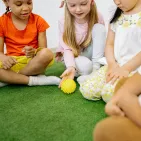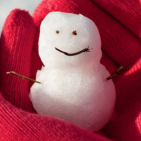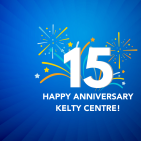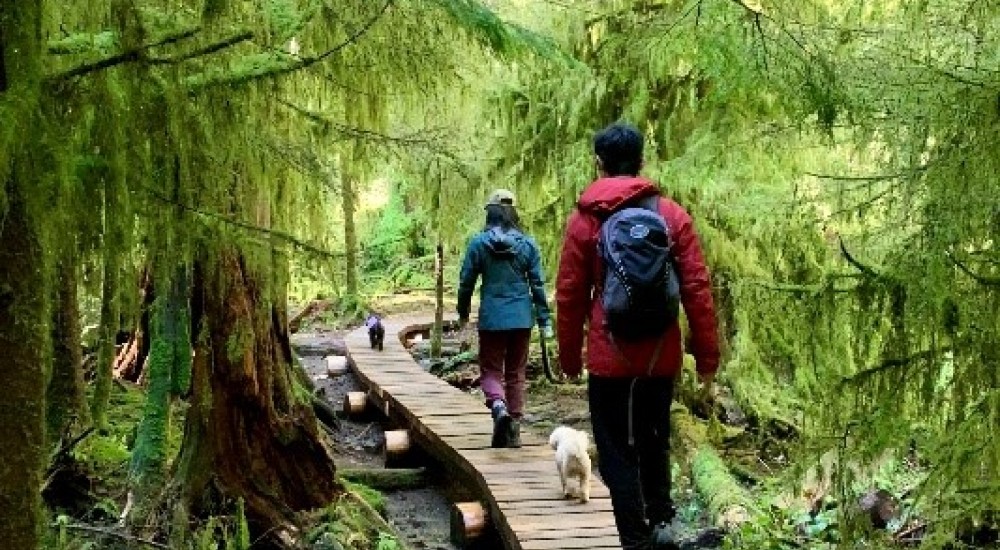
As I look back at the last year and a half – a time of unprecedented challenge and strain for children, youth, parents, and healthcare professionals – I have been reflecting on some key lessons and opportunities in mindfulness.
Mindfulness is an essential skill. Some may consider mindfulness to be a “soft skill,” less valuable than the cognitive or technical skills that the world of medicine is more known for. For myself personally, and for many colleagues, parents, and youth I have worked with, I have found that mindfulness has been essential for helping to cope with the challenges of the last year. It has helped me to embrace the grief, pain, and uncertainty of living and working through the pandemic. It has helped me to savor what we still have, and are still able to enjoy (#NotCancelled). It has helped me to be a better clinician in the midst of extraordinarily challenging cases, practicing with burnout, moral distress, and secondary trauma.
I’ve been reminded that mindfulness is a community activity, and I’ve been nourished by the growing mindful community that we have supported through our Thankful Thursday series for health professionals at BC Children’s & Women’s Hospital, the Wake Up Wednesdays series (co-hosted with Mindful Practice Canada) for health professionals across Canada, the Mindful Healing courses we have offered to our trainees, and many other events both large and small.
Mindfulness must be engaged. We have seen over the last year and a half that longstanding inequities, racism, and injustices of our society have been exposed and exacerbated. We’ve seen this with the tremendous suffering of our young people in their mental health during the pandemic. We’ve seen this with the disparities in COVID morbidity and mortality due to social determinants of health. We’ve seen this with #BlackLivesMatter, facing the reality of anti-black racism. We’ve seen this with the In Plain Sight report, telling the hard truth of anti-Indigenous racism within our own BC health care system, and the work that lies ahead to dismantle it.
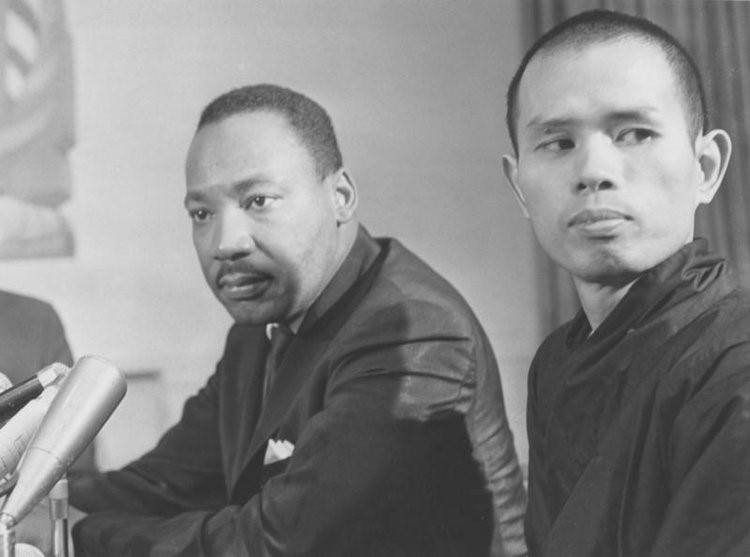
Zen Master and Nobel Peace Prize nominee Thich Nhat Hanh said, “Mindfulness must be engaged. Once there is seeing, there must be acting… We must be aware of the real problems of the world. Then, with mindfulness, we will know what to do and what not to do to be of help.” Kristin Neff, co-creator of Mindful Self-Compassion, has written about the need for “fierce self-compassion,” including taking action to create a more just, equitable, and loving world. How can we stay present in the face of pain and trauma, and take “fierce compassionate action” on the path of truth, reconciliation, and justice? How can we as mindful health professionals and leaders put our values into action, and transform our health care system and society to embody mindfulness and compassion for all people, especially the most marginalized?

Centre for Mindfulness at Age 2: Looking back, looking forward. It’s hard to believe that the Centre for mindfulness celebrated our launch almost exactly two years ago. I believe that together, we have made real steps in co-creating our vision of a “Mindful Community, Compassionate Care,” and a truly “Mindful Hospital,” where mindfulness and compassion are embodied in everything we do with children and youth, parents and caregivers, and ourselves and each other as health professionals. I look forward to embracing what the coming year offers. May we take it one mindful step at a time. And, may we remember to savor all of the moments: the nourishing and healing elements that are available to us, as well as the challenges that lie ahead.
